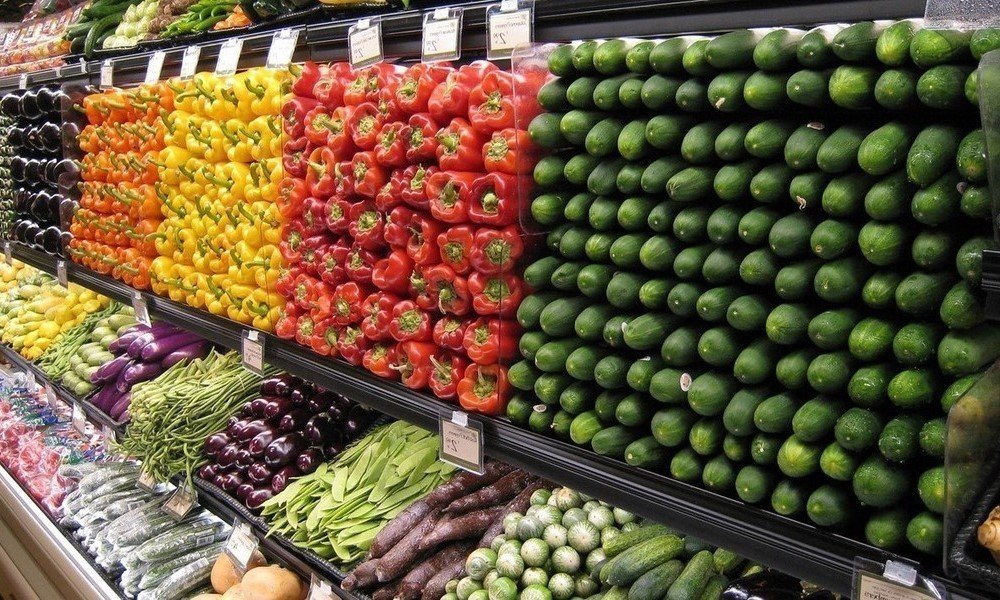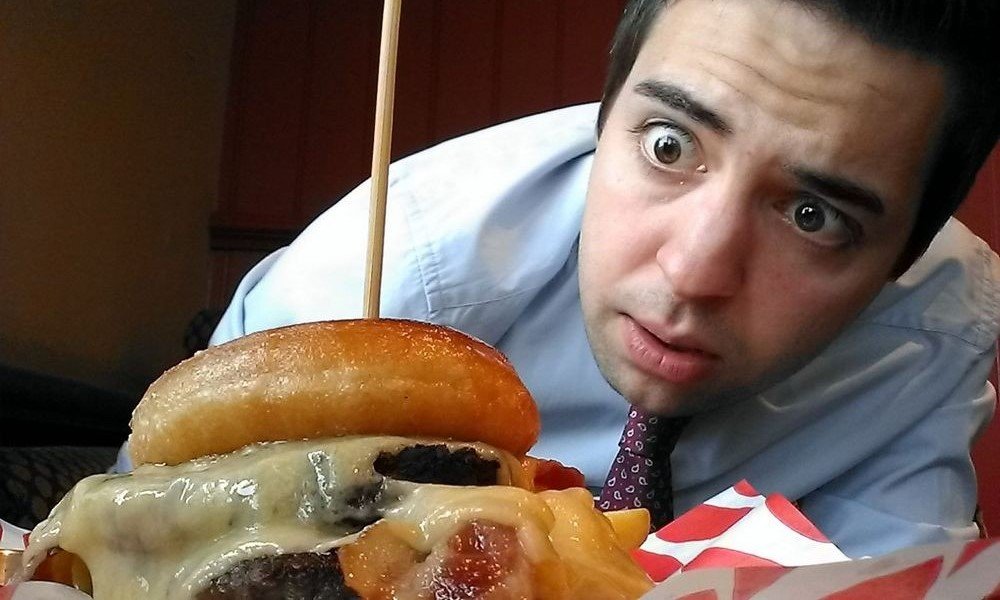Nutrition experts say the best way to deal with our hunger and overall appetite is to follow the natural signals our bodies gives off. After all, the true driving force behind what makes anyone want to eat is the complex interaction between the body and the brain.
Appetite and hunger are sometimes viewed as one and the same, even though they’re very different in their definitions. It’s possible to have an appetite without being hungry, as evidenced by all those times you wanted to eat something (e.g. a piece of chocolate cake) after a big meal despite being full.
Your physical and psychological environments affect appetite and hunger, sometimes leading you to eat more or less than your body demands. There are many factors that influence your desire to eat, and the following are six of the most notable ones:
Leptin Production
Leptin is a hormone that acts on the hypothalamus, the brain’s hunger center, to regulate your appetite, essentially making it the hunger off switch. It is produced by fat cells, so the more fat your fat cells contain, the more leptin they produce and the less of an appetite you have.
Habitual eating patterns affect leptin production in a very interesting and counterintuitive way. If you consistently overeat, your fat cells actually reduce leptin production to accommodate your preferred eating patterns, allowing your appetite to remain large even as you get fatter.
Your body also decreases leptin levels when you lose weight, increasing your appetite. Basically, by exercising regularly, you can eat as much as your appetite demands without getting fat.
Climate
Did you know that you’re more likely to feel hungry in colder weather than in warmer ones, as well as crave higher-calorie dishes? Just think about the food that tempt you in the winter — stews, roasts, thick soups — and those you find appetizing on hot summer days — salads, chilled fruit, and sandwiches. Coincidence? We don’t think so…
Scientists believe shivering or just being cold in general can increase your metabolic rate as much as five fold, potentially providing a healthy and sustainable alternative way to burn energy and, thus calories.
Guess what? Food provides calories and fat that your body burns to keep you warm and moving. To help ensure enough warmth is provided, you processes food faster when in a cold environment, emptying your stomach quicker and feeling hungry more often.
Exercising
Healthy eating and exercise generally go hand-in-hand, and people who exercise regularly tend to have a healthy appetite. Have you ever noticed how you’re rarely hungry immediately after exercising? Well, that’s because physical activity pulls stored energy (i.e. glucose and fatty acids) out of body tissues and into the bloodstream, giving of the feeling of satiation.
Exercise, both physical and mental, also empties your stomach more slowly and slows the passage of food through the digestive tract, making you feel fuller longer. Moreover, it reduces anxiety and, thus, the desire to reach for something to munch on.
This is why eating a heavy meal right before heading for the gym or the stationary bike in your bedroom sometimes causes you to have cramps or heartburn — your stomach is stuffed with food that isn’t being digested quickly.
Sickness and Injury
Severe physical stress or trauma, such as a broken bone, surgery, a burn and a high fever, reduces appetite and slows the natural contractions of the intestinal tract.
When you become sick or get injured, your brain chemistry changes as the production of chemicals called cytokines increases. Cytokines can drive down your appetite to help conserve energy for fighting off short-term ailments, energy that would otherwise be used for digesting food.
Eating under such conditions can stretch your bowel enough to tear it and even cause food to back up in your gut, which is why intravenous feeding — that’s, getting nutrients via fluids injected into a vein — is one method doctors and nutritionists during the healing process.
Medicinal Side-Effects
Some drugs used to treat common health conditions affect appetite. Such a side effect is rarely mentioned by doctors when they prescribe a drug, perhaps because it isn’t life-threatening and usually goes away once you stop taking the drug.
Examples of drugs that increase appetite include certain antidepressants (mood elevators), antihistamines (allergy pills), diuretics (make you urinate more frequently), steroids (fight inflammation), and tranquilizers (calming drugs).
Appetite reducers, on the other hand, include some antibiotics, anti-cancer drugs, anti-seizure drugs, blood pressure medications, and cholesterol-lowering drugs.
The fact that a drug affects appetite is almost never a reason to avoid using it. However, knowing that a relationship exists between the drug and your desire for food can be helpful. Always ask your doctor and pharmacist about possible drug-appetite interactions when given drug.
Social Factors
The amount of calories consumed by the average person has increased significantly in just the span of 30 years largely because of increases in portion sizes in restaurant menu items and packaged foods. The substantial decrease in the cost of producing food combined with intense competition among food businesses means we are constantly bombarded with commercial advertising for food.
Our appetites have been inflated as a result of these influences and that isn’t likely to change anytime soon. In fact, studies have shown that the amount of food we consume has a strong positive correlation with the accessibility of food, how much food is put in front of us, and social pressure to eat more.
The impact of social factors on appetite cannot be denied.














